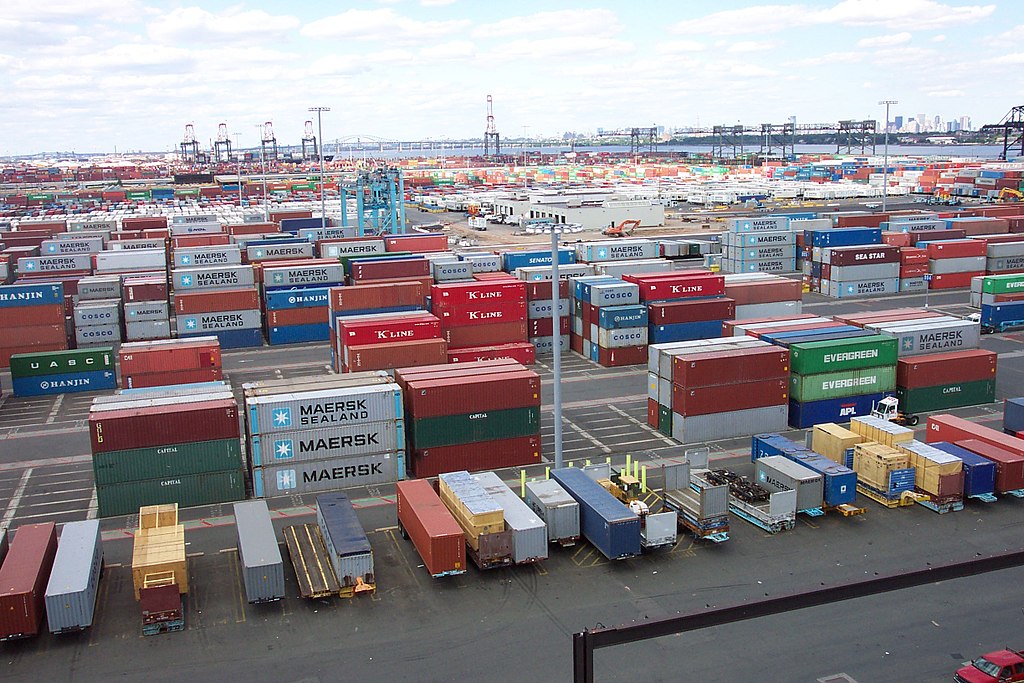India Ratings and Research (Ind-Ra) says the basic customs duty (BCD) levy on solar cells and modules from April next year will lead to developers quoting higher power tariffs as they face an increase in the overall project costs. The rise in power purchase costs would eventually make solar projects less attractive to off-takers and end-consumers.
The analysts estimate that Discoms would have to pay the developers INR 9 billion/year more due to the tariff hike.
Asmita Pant, a senior analyst at Ind-Ra, said, “The increase in tariffs will increase power purchase costs for solar off-takers by INR9 billion annually, considering that around 10 GW of solar capacity will come on stream in the next 12 months. This amount will keep on increasing exponentially with the commissioning of new projects, till the time the duty is in place or the import costs and the cost of local manufacturing achieve parity.”
Solar module and cell imports are set to attract basic customs duty of 40% and 25%, respectively, from April 1, 2022, as India’s finance ministry has given the green light to the proposal. The BCD would also apply to already bid-out projects.
Ind-Ra estimates a 20-25% increase in the overall solar project cost when using imported modules under the BCD regime vis-à-vis INR 1.99/kWh in a no-duty scenario.
Tariffs will likely touch INR 2.43 when using imported solar modules with 40% duty applicable and INR 2.08 when using domestically manufactured modules using imported cells compared to INR 1.99 when using imported modules without BGD and safeguard duty.
Currently, solar cell and module imports from China, Thailand, and Vietnam attract a 14.50% safeguard duty (SGD), which is due to expire on July 30.
Ind-Ra stated, the landed cost of imported solar modules (including transportation and hedging costs) is around 25% less than domestically manufactured panels without considering an SGD of 14.5%.
However, as BCD would completely replace SGD, imported modules will likely cost 6%-8% higher than the current domestically produced modules. On the other hand, the cost of modules manufactured using imported solar cells will likely be 4%-5% lower than the existing domestic modules prices, as per Ind-Ra’s estimates.
However, the existing domestic module manufacturing capacity can be a constraint in completely meeting the demand for solar installations.
Tariff rise under the BCD regime is imminent as developers strive to maintain equity returns on solar projects at levels without any duty.
According to Ankur Agarwal, Associate Director, “To maintain a similar equity return on solar projects, the increase in the module cost (60%-65% of the overall project cost) due to imposition of the BCD will lead to an increase in current tariff rate by 40-50 paisa per unit if complete modules are imported and by 30-35 paisa per unit if only solar cells are imported, compared to scenario when no SGD/BCD is applicable on imported cells/ modules. This is due to the fact that overall project cost (landed cost at the project site) for solar plants (considering that no SGD is applicable) is likely to go up by 20%-25%, considering imported modules are utilized”.
Ind-Ra’s estimates are almost in line (considering that solar cells are imported and modules are manufactured domestically) with the recent tariff of INR2.20/kWh discovered after BCD imposition in the latest solar auction conducted by Gujarat Urja Vikas Nigam Limited.
This content is protected by copyright and may not be reused. If you want to cooperate with us and would like to reuse some of our content, please contact: editors@pv-magazine.com.









By submitting this form you agree to pv magazine using your data for the purposes of publishing your comment.
Your personal data will only be disclosed or otherwise transmitted to third parties for the purposes of spam filtering or if this is necessary for technical maintenance of the website. Any other transfer to third parties will not take place unless this is justified on the basis of applicable data protection regulations or if pv magazine is legally obliged to do so.
You may revoke this consent at any time with effect for the future, in which case your personal data will be deleted immediately. Otherwise, your data will be deleted if pv magazine has processed your request or the purpose of data storage is fulfilled.
Further information on data privacy can be found in our Data Protection Policy.